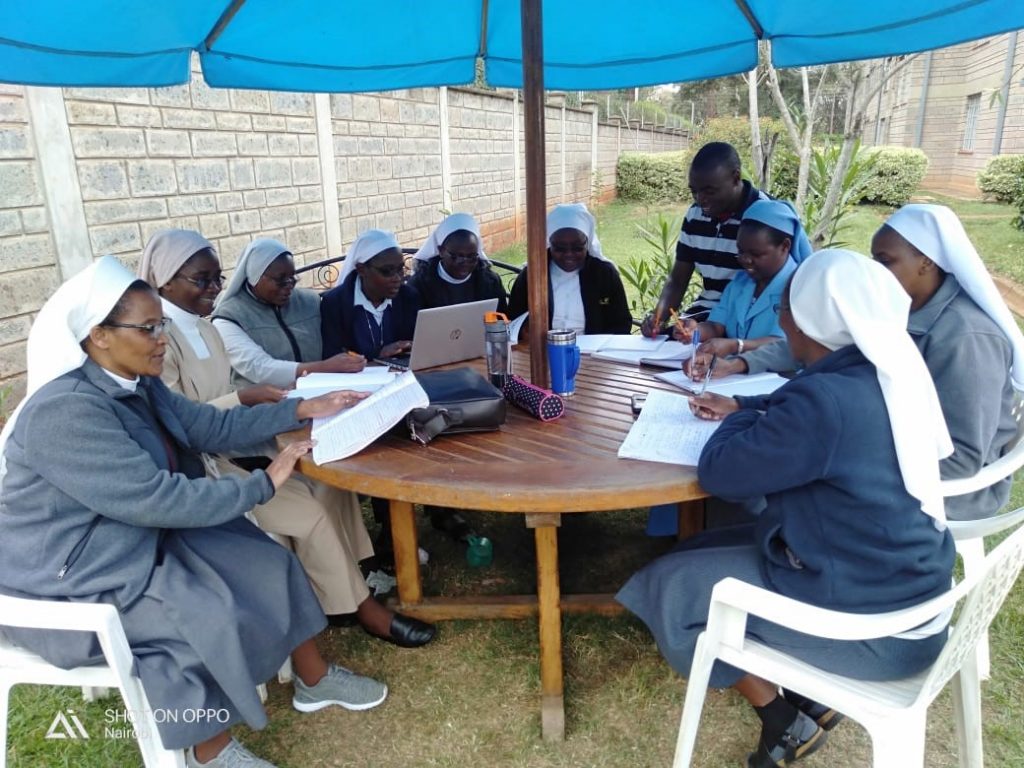THE INSTITUTE OF CATECHETICS AND PASTORAL MINISTRY
Our courses are drawn from the following areas:
Academics
Learning Progression
Learn more about the range of opportunities available and career development




Religious Educator: Graduates can work as religious educators in schools, parishes, or religious organizations, where they can teach religious education classes and help students understand and appreciate their faith.
Pastoral Minister: Graduates can work as pastoral ministers in churches, providing spiritual guidance and support to members of the congregation.
Youth Minister: Graduates can work as youth ministers, helping to develop and implement programs for young people that promote faith development, community building, and service.
Chaplain: Graduates can work as chaplains in hospitals, prisons, or military institutions, providing spiritual support and care to patients, inmates, or service members.
Missionary: Graduates can work as missionaries, spreading the gospel and serving in communities around the world.
Catechist: Graduates can work as catechists, leading catechetical programs and preparing individuals for the sacraments.
Theology Teacher: Graduates can work as theology teachers in secondary schools or colleges, teaching courses on religious studies and theology.
Social Worker: Graduates can also work as social workers in faith-based organizations, helping to address social issues and providing support to those in need.
The specific career path a person takes will depend on their interests, skills, and experience, as well as the needs and opportunities available in their local community.
